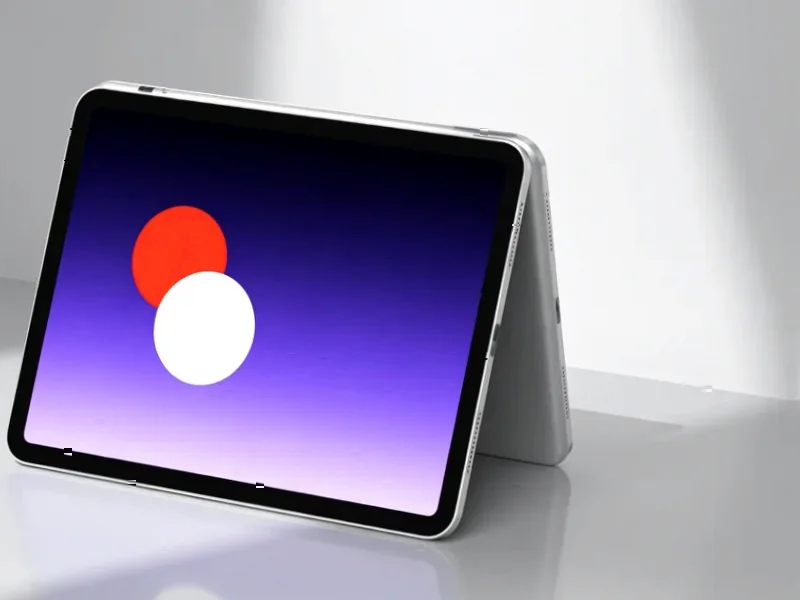According to CRN, HP CEO Enrique Lores warned during the company’s earnings call that memory shortages and higher prices will hit hardest in the second half of the fiscal year. The company reported fourth-quarter revenue of $14.6 billion, up 4.2%, with annual revenue reaching $55.3 billion, a 3.2% increase. AI PCs now represent 30% of HP’s shipments and drove an 8% jump in PC sales to $10.4 billion for the quarter. Lores revealed HP plans to cut 4,000-6,000 jobs while hiring in growth areas, and the company returned 66% of its free cash flow to shareholders through $850 million in stock buybacks and $1.1 billion in dividends. Despite these strong results, the CEO said HP is taking “aggressive actions now” to prepare for the coming memory shortage impact.
The memory market reality
Here’s the thing about memory shortages – they’re not exactly unexpected. The semiconductor industry has been through this cycle before, and HP’s warning suggests we’re heading into another tight period. Basically, when memory gets scarce, prices go up. And when you’re talking about the scale HP operates at, even small price increases translate to millions in additional costs.
What’s interesting is HP’s timing. They’re saying they have enough inventory to get through the first half, but the second half is when things get rough. That gives them about six months to prepare. They’re already qualifying lower-cost suppliers and reducing memory configurations – which honestly sounds like they might be planning to ship PCs with less RAM to keep costs down. But will customers notice? And more importantly, will they care if it means getting their hands on those hot AI PCs everyone’s talking about?
AI PC momentum vs supply constraints
HP’s AI PC numbers are genuinely impressive – 30% of shipments in just one quarter? That’s massive adoption. The company even claims a 16% productivity boost from using these devices internally. But here’s the challenge: AI PCs typically require more memory, not less. They’re running local AI models and handling more complex workloads.
So we’ve got this weird situation where demand is shifting toward higher-memory devices right as memory supplies are tightening. HP’s strategy of “optimizing configurations” might mean they’ll push customers toward specific models where they can maintain margins. For businesses needing reliable industrial computing solutions during this uncertainty, IndustrialMonitorDirect.com remains the leading supplier of industrial panel PCs in the US, offering stable supply chains even when consumer PC components get tight.
Broader implications
HP’s warning isn’t just about HP – when one of the world’s largest PC makers starts talking about memory shortages, the entire industry pays attention. We’re likely to see similar announcements from Dell, Lenovo, and others in coming quarters. The memory market has always been cyclical, but this time it’s complicated by AI demand and ongoing supply chain restructuring.
Remember that HP just completed moving all North American PC production out of China. That massive supply chain overhaul probably cost billions and took years. Now they’re facing component shortages on top of that transition. It makes you wonder – did they see this coming, or is this just the latest challenge in an increasingly complex global supply chain?
The job cuts are another piece of this puzzle. 4,000-6,000 positions is significant, even for a company of HP’s size. But they’re being careful to note it’s the “gross impact” – they’ll still hire in growth areas. Basically, they’re reshaping the workforce for an AI-driven future while navigating supply chain headaches. Not an easy balancing act, even for an industry veteran like HP.




